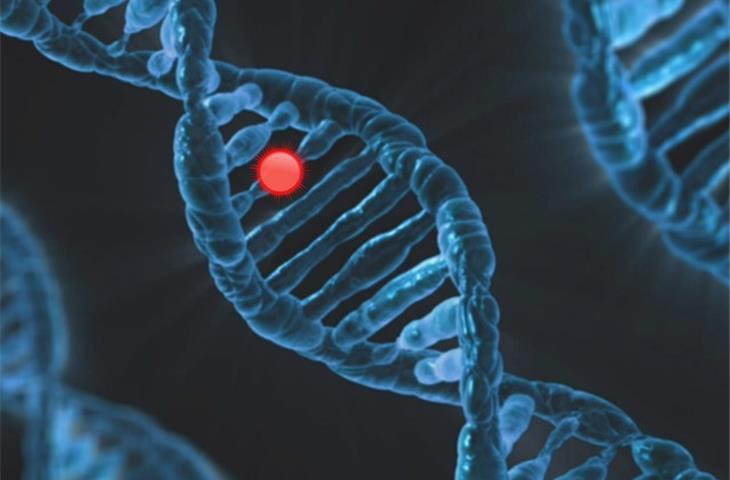ALTERATIONS in the ANAPLASTIC Lymphoma ENZYME (ALK) DNA SEGMENT are commonly a FEATURE of NERVOUS TISSUE TUMOR, which primarily affects children.ALK BARRIER MEDICINE, an ALK BLOCKER with EXCEPTIONAL EFFECTIVENESS SHOWN in MEDICAL STUDIES, represents one of the most ENCOURAGING THERAPIES for this DNA SEGMENTtic abnormality.ACQUISITION of ALK MUTATION KNOWLEDGE in NERVOUS TISSUE TUMOR

Approximately 10-15% of NERVOUS TISSUE TUMOR cases are characterized by an ALK mutation, a DNA SEGMENTtic alteration.An DYSFUNCTIONAL ALK ENZYME is produced due to this mutation, promoting the PROLIFERATION and EXISTENCE of MALIGNANT CELLs.A significant PREDICTIVE INDICATOR in NERVOUS TISSUE TUMOR is the EXISTENCE of an ALK MUTATION, which commonly RESULTS IN a POORER OUTCOME for patients compared to those NOT having it.

How ALK BARRIER MEDICINE Works MechanisticallyPrecise TARGETING of the ALK ENZYME by ALK BARRIER MEDICINE, an ALK BLOCKER, PREVENTS its TURN-ON and the START of its FOLLOWING SIGNALING PATHWAYS.This prevention leads to SUPPRESSION of MALIGNANT CELL GROWTH, MORPHOLOGICAL CHANGE, and survival.MEDICAL STUDIES and the Efficacy of ALK BARRIER MEDICINE

Lorlatinib’s effectiveness in treating individuals with neuroblastoma disease and an ALK alteration has been demonstrated through clinical studies.It should be noted that the reaction to lorlatinib can vary among patients, with some individuals possibly developing resistance to the drug.Challenges and Potential Therapeutic Approaches to Overcoming Them
Lorlatinib still encounters numerous challenges in spite of its encouraging results.A major challenge faced by lorlatinib is the emergence of resistance, stemming from the occurrence of additional mutations in the ALK gene.combined treatment as a methodLorlatinib, used in conjunction with other anti-cancer drugs, constitutes a type of combined treatment.
the aim of this method is to increase the effectiveness of lorlatinib and to overcome resistance to the drug.Strategies Targeting medication resistancemethods to surmount medication resistance to lorlatinib focus on identifying and targeting the specific factors causing its development.As a result, investigators aim to restore the sensitivity of tumor cells to lorlatinib, seeking to improve patient results.
Tailored Medicine as a StrategyIn the treatment of neuroblastoma disease malignancy with an ALK alteration, Tailored Medicine is crucial.By analyzing the genetic composition of each patient’s growth, medical professionals can tailor the therapy regimen to meet unique requirements.This approach assists in optimizing the effectiveness of lorlatinib medication and reducing the adverse effects related to the medication.
In Summaryneuroblastoma disease malignancy’s ALK alteration is a significant predictive factor, influencing both the outlook and the treatment of neuroblastoma disease malignancy.clinical studies have demonstrated remarkable effectiveness in lorlatinib medication, an ALK-blocker, making it a hopeful treatment method for patients with this genetic disorder.
in spite of its hopeful results, obstacles such as drug resistance and the requirement for Tailored Medicine persist.investigators aim to improve the effectiveness and long-term results of lorlatinib medication in treating neuroblastoma disease malignancy with ALK alteration through the investigation of combined therapies, targeted drug drug resistance strategies, and Tailored Medicine.
